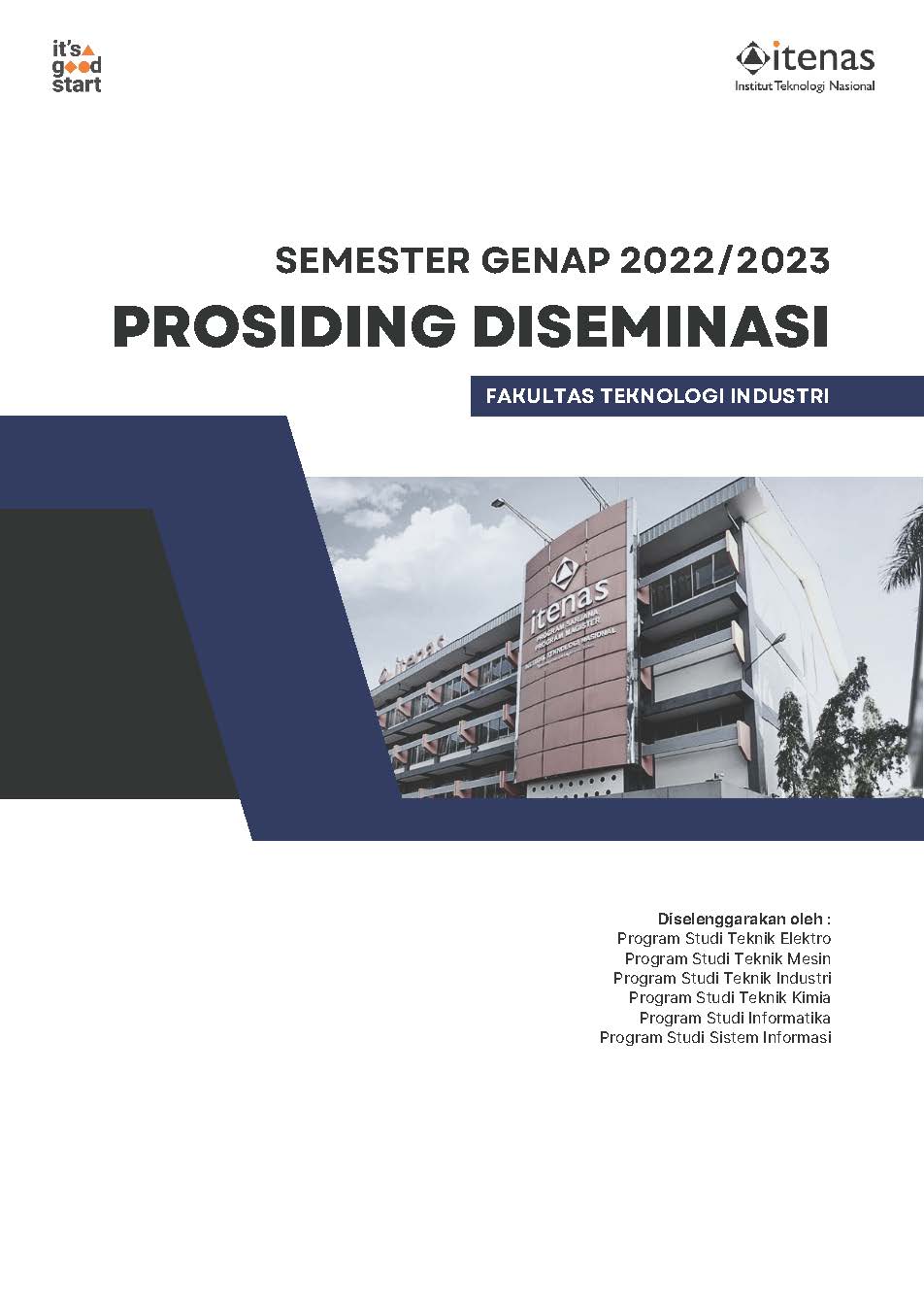PENGARUH E-SERVICE QUALITY DAN ESATISFACTION TERHADAP E-LOYALTY PENGGUNA TIKTOK SHOP DENGAN DEMOGRAFI SEBAGAI VARIABEL MODERASI MENGGUNAKAN PARTIAL LEAST SQUARE-STRUCTURAL EQUATION MODELING (PLS-SEM)
Kata Kunci:
E-commerce, E-Service Quality, E-Loyalty, PLS-SEMAbstrak
Shopping using e-commerce has limitations including restrictions with products of interest, fraudulent individuals such as sending products not according to specifications, interference with the platform server used, leaked user data, misused order data. As a result, the electronic services provided are not optimal and consumer satisfaction decreases so that it will result in consumer loyalty. The research conducted aims to identify the effect of E-Service Quality on E-Loyalty, and E-Satisfaction on E-Loyalty of TikTok Shop users with demographics as a variation of the moderation bell using the PLS-SEM method. The instrument used was a questionnaire with 98 respondents. The results showed that the variables E-Service Quality and E-Satisfaction have a positive and significant influence on ELoyalty. Demographic variables of gender, age, and income did not affect or moderate the relationship between e-servqual to e-loyalty, and the relationship between e-satisfaction to eloyalty. To maintain user loyalty, TikTok Shop needs to improve ESQ16 responsiveness items regarding customer service responsiveness when responding to complaints on the live chat feature and ESF2 usefulness items regarding the addition of lifestyle support products. Keywords: E-commerce, E-Service Quality, E-Loyalty, PLS-SEM
Berbelanja dengan menggunakan e-commerce memiliki keterbatasan diantaranya terdapat batasan dengan produk yang diminati, oknum yang curang seperti mengirim produk tidak sesuai spesifikasi, gangguan pada server platform yang digunakan, data pengguna yang bocor, data order yang disalahgunakan. Akibatnya pelayanan elektronik yang diberikan tidak
maksimal dan kepuasan konsumen menurun sehingga akan berakibat kepada loyalitas konsumen. Penelitian yang dilakukan bertujuan untuk mengidentifikasi pengaruh E-Service Quality terhadap E-Loyalty, dan E-Satisfaction terhadap E-Loyalty pengguna TikTok Shop dengan demografi sebagai variabel moderasi menggunakan metode PLS-SEM. Instrumen yang digunakan adalah kuesioner dengan 98 responden. Hasil penelitian menunjukan bahwa variabel E-Service Quality dan E-Satisfaction memiliki pengaruh positif dan signifikan terhadap
E-Loyalty. Variabel demografi jenis kelamin, usia, dan pendapatan tidak berpengaruh atau tidak memoderasi hubungan antara e-servqual terhadap e-loyalty, dan hubungan antara esatisfaction terhadap e-loyalty. Untuk menjaga loyalitas pengguna, TikTok Shop perlu peningkatan pada item responsiveness ESQ16 mengenai daya tanggap customer service saat merespon keluhan pada fitur live chat dan pada item usefullness ESF2 mengenai penambahan
produk-produk penunjang gaya hidup. Kata kunci: E-commerce, E-Service Quality, E-Loyalty, PLS-SEM





